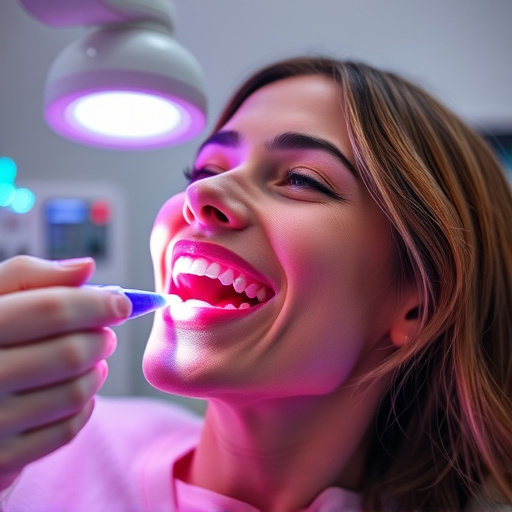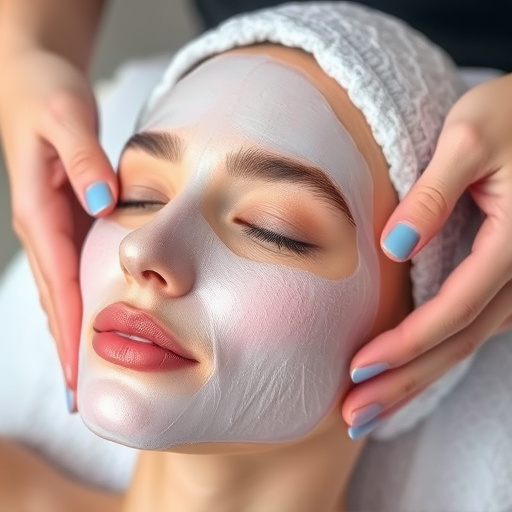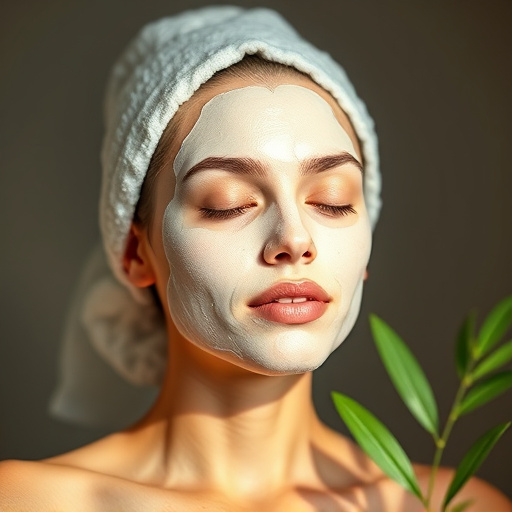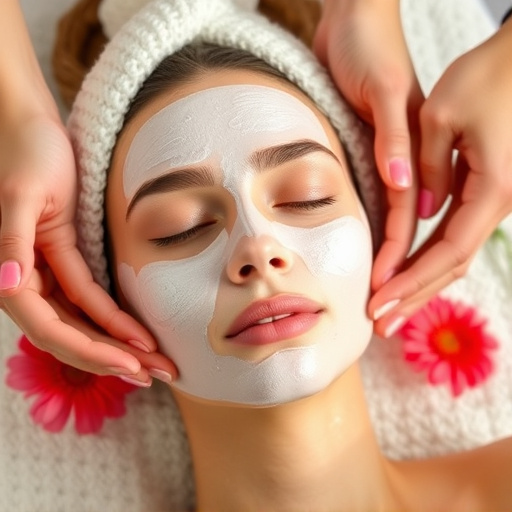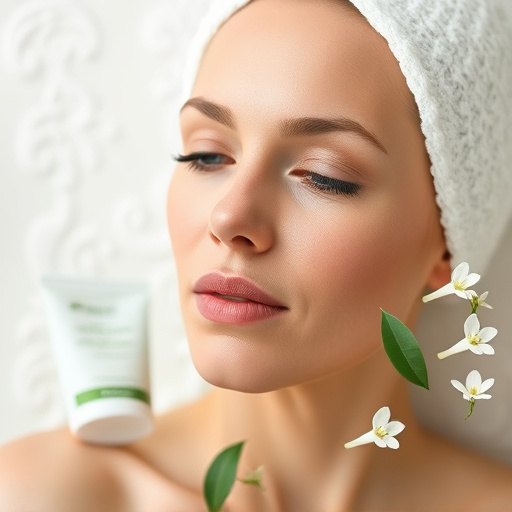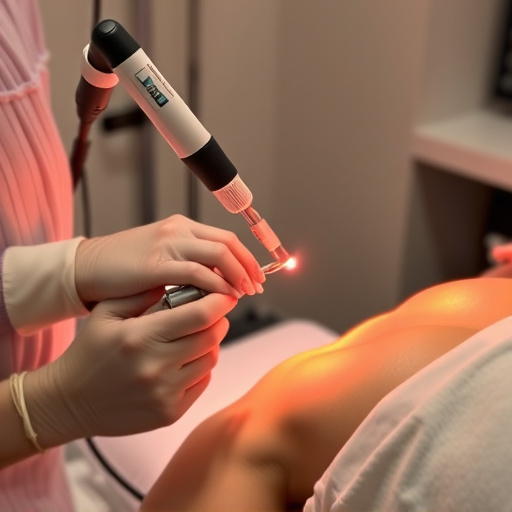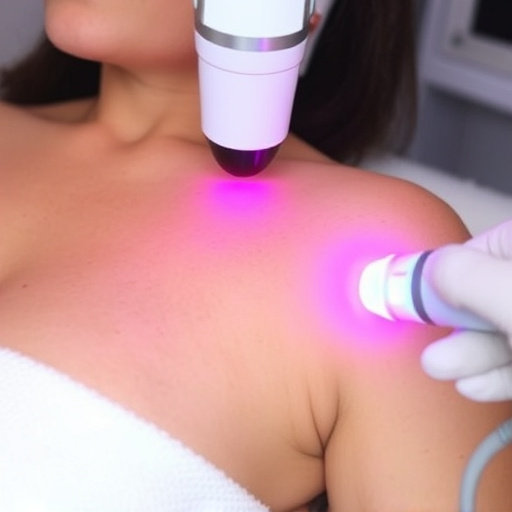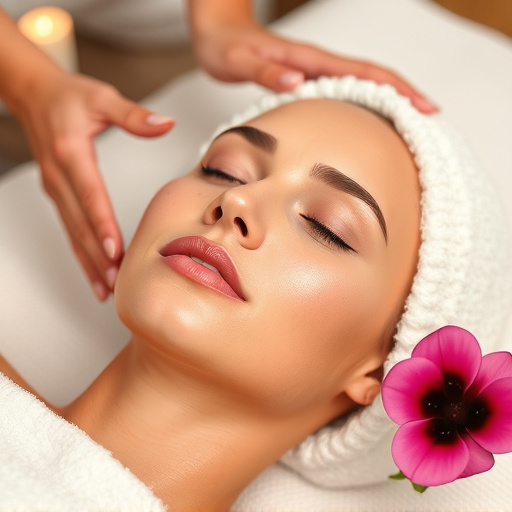Rosacea, a skin condition affecting fair-skinned individuals with a history of acne or flushing, is managed through gentle skincare and avoiding triggers like sun exposure and certain foods. Topical treatments, including creams and medications, combine with lifestyle changes like diet, hydration, stress management, and sun protection for effective rosacea treatment. Advanced options like laser therapy or microdermabrasion offer additional relief.
“Uncover powerful solutions for managing rosacea with our comprehensive guide. Effective rosacea treatment options are within reach, but understanding your condition is key. This article explores the causes and triggers of rosacea, providing insights into topical treatments like creams and medications that can significantly improve skin clarity. Additionally, discover lifestyle changes tailored to counteract flare-ups. By implementing these strategies, you’ll gain control over your rosacea, achieving clearer, healthier skin.”
- Understanding Rosacea: Causes and Triggers
- Topical Treatments: Creams and Medications
- Lifestyle Changes for Clearer Skin
Understanding Rosacea: Causes and Triggers
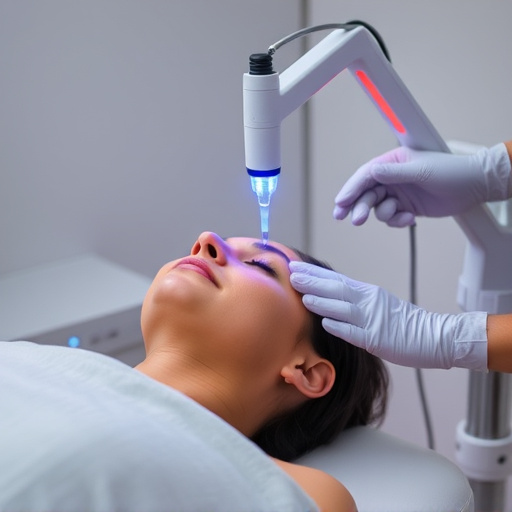
Rosacea is a chronic skin condition characterized by redness, small puffy blood vessels, and bumps on the face. While it can affect anyone, it’s most common in fair-skinned individuals with a history of acne or easily flushed cheeks. Understanding both the causes and triggers of rosacea is crucial for effective treatment. The primary cause lies in overactivity of certain cells in the skin that lead to inflammation. Triggers, such as sun exposure, certain foods, makeup, and stress, can set off this inflammatory response, causing symptoms to flare up.
Beyond conventional acne treatments, specialized procedures like body contouring aren’t typically needed for rosacea management. Instead, focus on gentle skincare routines, avoiding irritants, and protective measures against the sun. Hydrating facials can also be beneficial as they nourish and soothe irritated skin. The key is to identify personal triggers and adopt a consistent care approach that calms inflammation, reduces redness, and improves overall skin health.
Topical Treatments: Creams and Medications
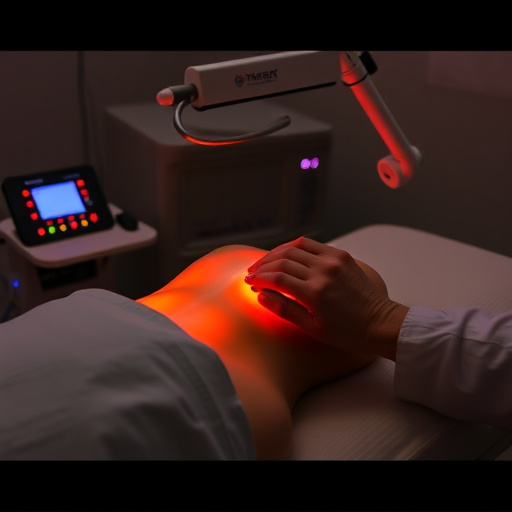
Many people struggling with rosacea find relief through topical treatments, which include a range of creams and medications designed to soothe and reduce the symptoms of this skin condition. These options work by targeting specific aspects of rosacea, such as inflammation, redness, and acne-like breakouts. For example, over-the-counter creams containing ingredients like niacinamide or hyaluronic acid can help hydrate the skin and reduce redness, while prescription medications like tretinoin or metronidazole gel can combat inflammation and clear up skin blemishes.
When it comes to topical rosacea treatment, consistency is key. Regular application of these products as recommended by a dermatologist can significantly improve the appearance and texture of affected skin over time. Additionally, some people with rosacea find that combining different topical treatments offers even better results. Anti-aging treatments like chemical peels, known for their ability to exfoliate dead skin cells and enhance skin brightening, can also be beneficial when incorporated into a comprehensive rosacea management strategy.
Lifestyle Changes for Clearer Skin
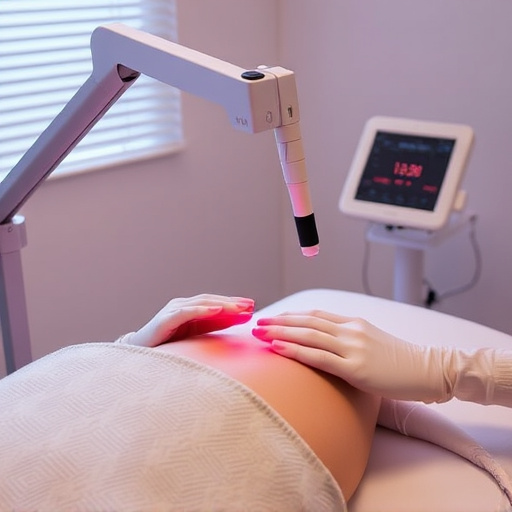
For those seeking rosacea treatment, implementing lifestyle changes can significantly impact the clarity and health of your skin. Beyond topical creams and medications, adopting a balanced diet rich in antioxidants and vitamins can help reduce inflammation and improve overall skin condition. Staying hydrated by drinking ample water, practicing gentle skincare routines, and avoiding triggers like hot beverages and spicy foods are also effective strategies.
Additionally, incorporating stress management techniques such as yoga, meditation, or regular exercise can mitigate rosacea flare-ups. Protecting your skin from the sun with broad-spectrum sunscreen is crucial, as UV exposure can exacerbate symptoms. Exploring aesthetic treatments, like laser therapy or microdermabrasion, specifically tailored to target rosacea may offer further relief for those seeking more advanced rosacea treatment options beyond conventional acne treatments.
Rosacea is a complex skin condition, but understanding its causes and triggers is the first step towards effective management. Topical treatments, such as creams and medications, offer relief for many, while lifestyle changes can significantly impact skin clarity. By combining these strategies, individuals can find tailored rosacea treatment options that work for them, leading to healthier, more radiant skin. Remember, consistent care and patience are key to achieving lasting results in the battle against rosacea.



